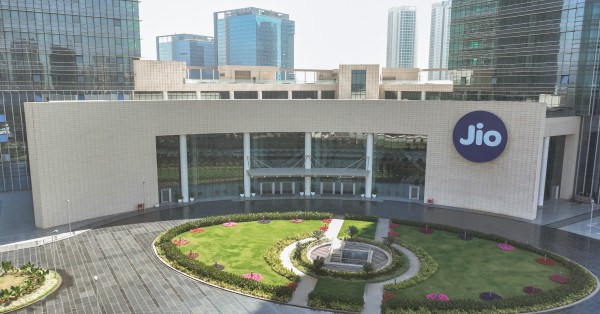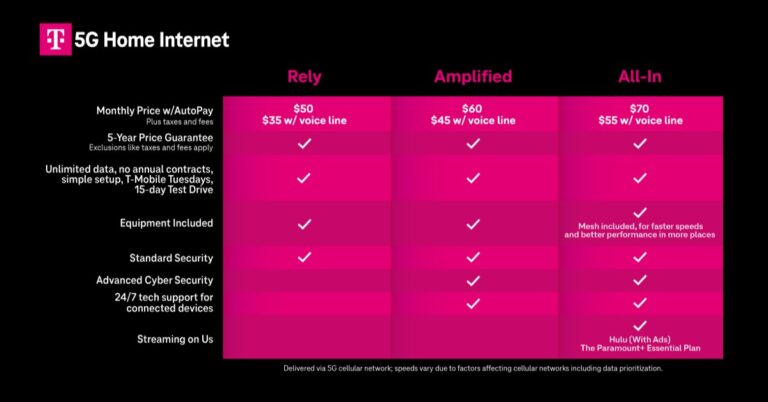Apple to Invest $1.1 Billion in Satellite Expansion for iPhone Services
Apple plans to invest up to $1.1 billion to enhance satellite connectivity for iPhones, directing the funds toward its satellite partner, Globalstar. This major investment aims to support the development of a new satellite constellation to bolster Apple’s satellite services.
Globalstar, which currently powers the Emergency SOS feature on newer iPhone models, revealed the funding in a recent Securities and Exchange Commission (SEC) filing. Previously, Apple had invested over $330 million to help Globalstar build the satellite infrastructure supporting its devices. Now, with the new funding, Globalstar plans to create an expanded mobile satellite services (MSS) network, complete with additional satellite constellations, enhanced ground infrastructure, and broader global MSS licensing capabilities.
Industry expert Tim Farrar estimates that Globalstar could have around $1.3 billion to facilitate the launch of an additional 40 to 80 satellites.
“The interesting question is how this will be handled at the FCC after the August approval,” Farrar noted in a tweet thread. Globalstar may apply for permission to launch a completely new low-Earth orbit satellite constellation, a process that could extend over several months. Alternatively, Apple might choose to enhance the existing FCC authorization to upgrade current satellite orders with added power and capacity. “At this point, it’s unclear,” Farrar added, “but references to a ‘new MSS network’ and ‘new satellite constellation’ suggest this project may go beyond simply upgrading the existing satellite fleet.”
Apple Expands Partnership with Globalstar: 85% Network Capacity Reserved for iPhone Services
Globalstar has agreed to reserve 85% of its satellite network capacity exclusively for Apple. In exchange, Apple will purchase 400,000 Class B shares in Globalstar, giving the tech giant a 20% stake in the satellite company. The investment signals Apple’s strong interest in expanding satellite-based services for iPhone users.
Apple’s move aligns with other companies, such as SpaceX and AST SpaceMobile, which are building satellite networks designed to deliver SMS messaging, voice calling, and internet connectivity to smartphones without a terrestrial signal. These capabilities aim to provide connectivity in cellular dead zones, potentially enabling users to maintain essential communications even in remote areas.
Apple’s Emergency SOS feature has already shown its value by assisting users in emergencies, especially in disaster scenarios or when stranded in remote regions. In June, Apple took another step by extending satellite connectivity with iOS 18, allowing users to send texts through iMessage.
Apple’s Next Steps for New Satellite Constellation with Globalstar Explained
While Apple’s exact plans for the new satellite constellation are still undisclosed, Globalstar expects to see its annual revenue more than double once the expanded satellite services are operational, according to the SEC filing. This anticipated revenue boost suggests the scale and significance of the project. For now, Emergency SOS remains free for iPhone 14 and newer models for two years, though Apple has not shared details about future costs.
Another factor to watch is how Globalstar intends to develop and deploy the new constellation. Although it received FCC approval in August to deploy up to 17 replacement satellites for its existing network, the extent to which these new satellites will support Apple’s goals remains to be seen.































